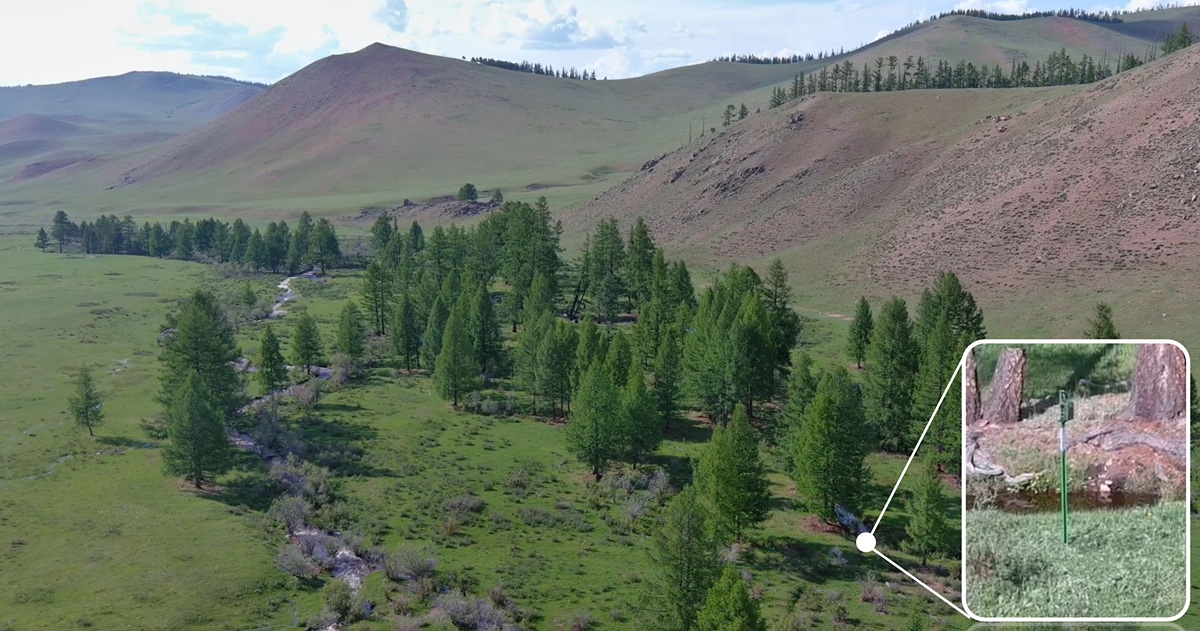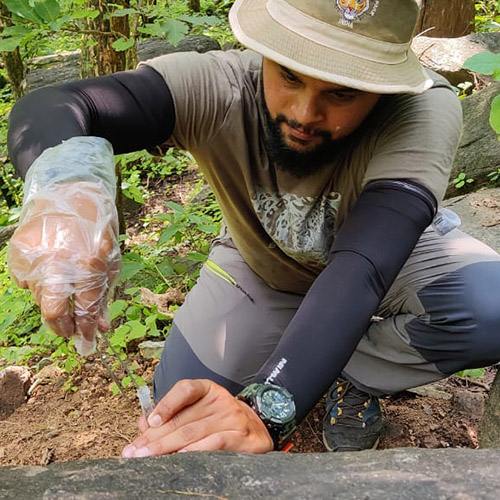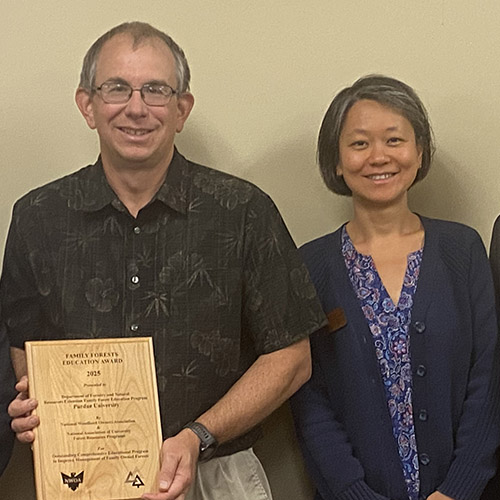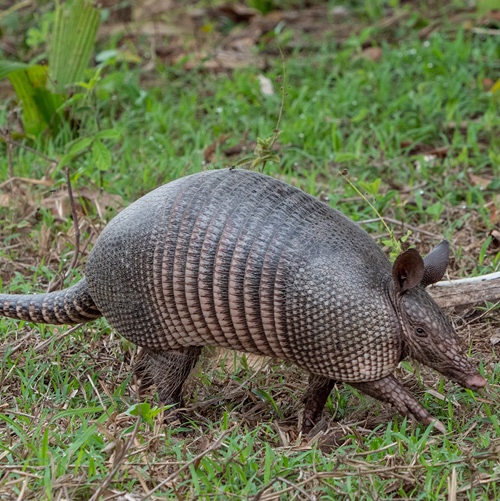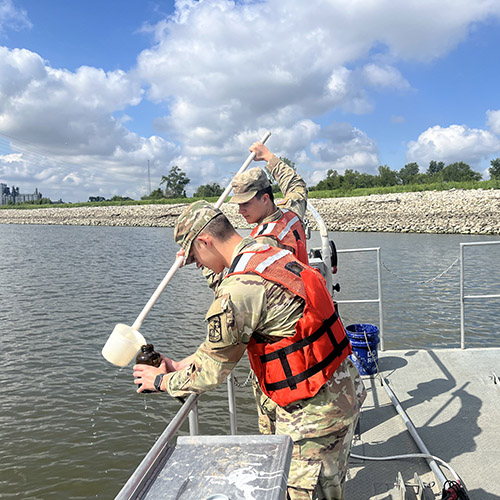Optimal Management Central Hardwood Forests
Optimal management of central hardwood forests under uncertainty and at large scale
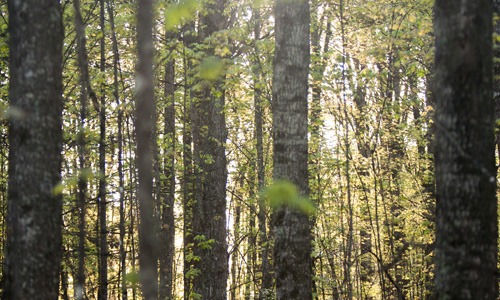 Optimally managing forests for multiple objectives is a century-old problem with new challenges. Recent scientific findings support that tree growth and natural disturbance regimes will likely alter under global climate change. These trends will not only impact financial returns generated by timber and nontimber products, but also critically affect ecosystem services, which is very often irreversible and sometimes disastrous. Current forest management tools are incapable of effectively dealing with these changes due to their inherent limitations. Although there exist some methods for optimization under uncertainty, few can be directly adapted to forest management due to its complexity, scale, variety of objectives, and multiple stakeholders. Therefore, it is important to develop methodology specific for optimal forest management under uncertainty of global climate change. In the central hardwood region, major species shift from oaks to maples and elevated fire frequencies are predicted to take place. Management guidelines are lacking as to how to deal with these changes, for both private landowners and practitioners of public land management. Another relevant issue is the lack of participation in active management by private owners in the region, resulting in long-term concerns in forest health, timber supply, and risk management of wildland fire and invasive species. This calls for the need of quantifying economic potentials of active management.
Optimally managing forests for multiple objectives is a century-old problem with new challenges. Recent scientific findings support that tree growth and natural disturbance regimes will likely alter under global climate change. These trends will not only impact financial returns generated by timber and nontimber products, but also critically affect ecosystem services, which is very often irreversible and sometimes disastrous. Current forest management tools are incapable of effectively dealing with these changes due to their inherent limitations. Although there exist some methods for optimization under uncertainty, few can be directly adapted to forest management due to its complexity, scale, variety of objectives, and multiple stakeholders. Therefore, it is important to develop methodology specific for optimal forest management under uncertainty of global climate change. In the central hardwood region, major species shift from oaks to maples and elevated fire frequencies are predicted to take place. Management guidelines are lacking as to how to deal with these changes, for both private landowners and practitioners of public land management. Another relevant issue is the lack of participation in active management by private owners in the region, resulting in long-term concerns in forest health, timber supply, and risk management of wildland fire and invasive species. This calls for the need of quantifying economic potentials of active management.
The proposed research will fill both the methodological and empirical gaps in research of forest management. Moreover, it will provide straightforward management guideline assisting informed decisions by landowners and managers in complex situations. It will also quantify critical economic values not only motivating participation in active forest management but also assisting effective policy design.
Project Director: Dr. Mo Zhou
10/01/2018 - 09/30/2023
